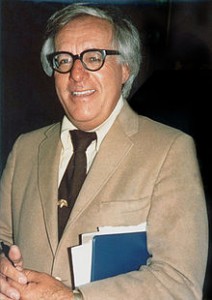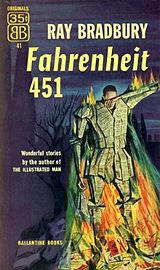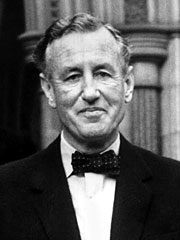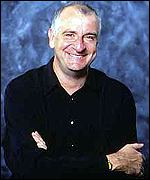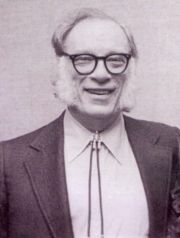Agatha Mary Clarissa, Lady Mallowan, DBE (September 15, 1890 – January 12, 1976), also known as Dame Agatha Christie, was an English crime fiction writer. She also wrote romances under the name Mary Westmacott, but is remembered for her 80 mystery novels, particularly featuring detectives Hercule Poirot or Miss Marple, which have given her the title the ‘Queen of Crime’ and made her one of the most important and innovative writers in the development of the mystery novel.
Her appeal is so huge that Christie is often called – by the Guinness Book of World Records, among others – the best-selling writer of fiction of all time, and the best-selling writer of any kind second to William Shakespeare. An estimated billion copies of her novels have been sold in English, and another billion in 103 other languages. [1]. As an example of her broad appeal, she is the all-time best-selling author in France, with over 40 million copies sold in French (as of 2003) versus 22 million for Emile Zola, the nearest contender.
Her stage play The Mousetrap holds the record for the longest run ever in London, opening at the Ambassadors Theatre on November 25, 1952, and as of 2006 is still running after more than 20,000 performances. In 1955, Christie was the first recipient of the Mystery Writers of America’s highest honor, the Grand Master Award, and in the same year, Witness for the Prosecution was given an Edgar Award by the MWA, for Best Play. Most of her books and short stories have been filmed, some many times over (Murder on the Orient Express, Death on the Nile, 4.50 From Paddington), and most have also been adapted for television and radio.
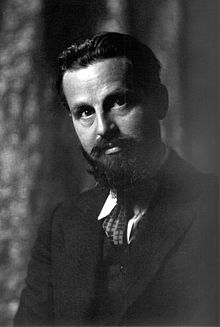

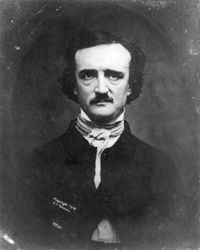
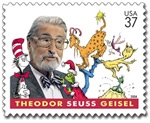
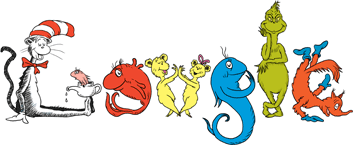
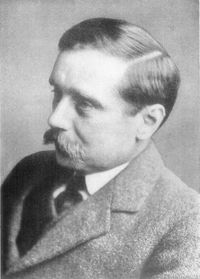
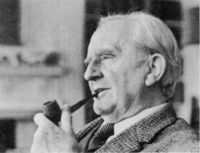 Wikipedia Link
Wikipedia Link